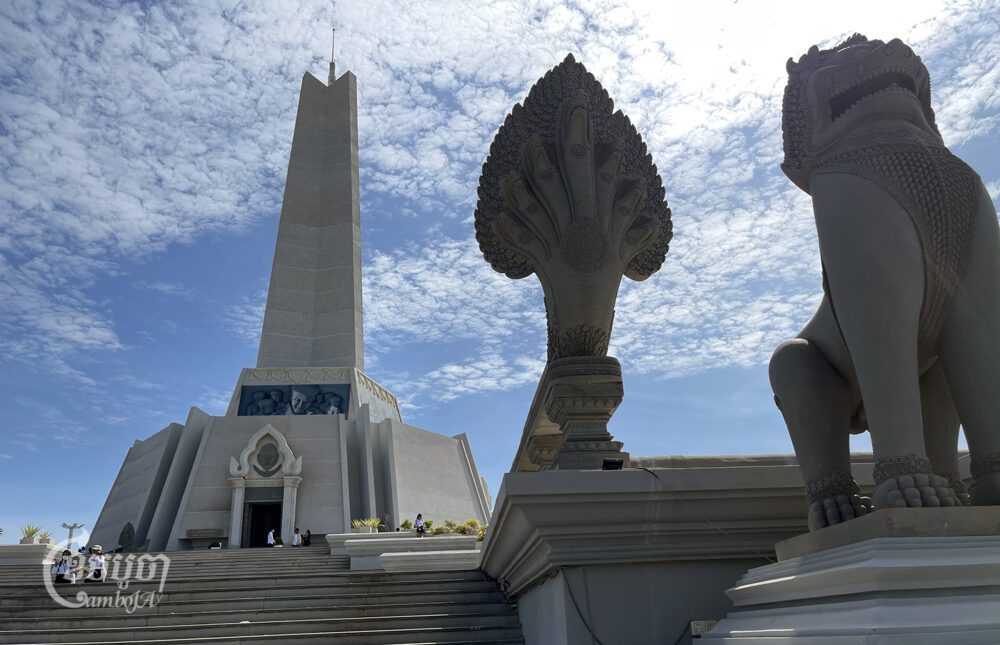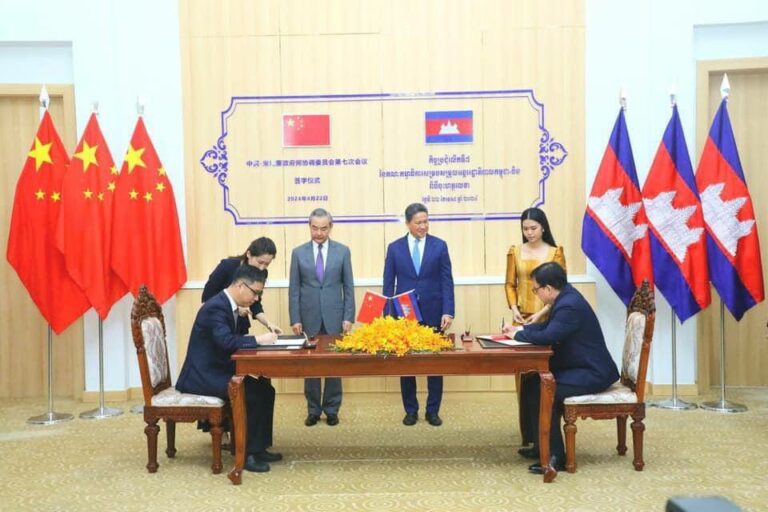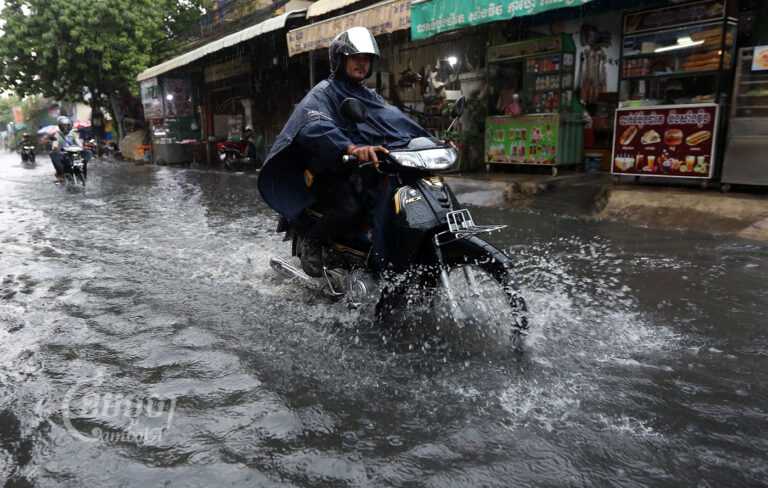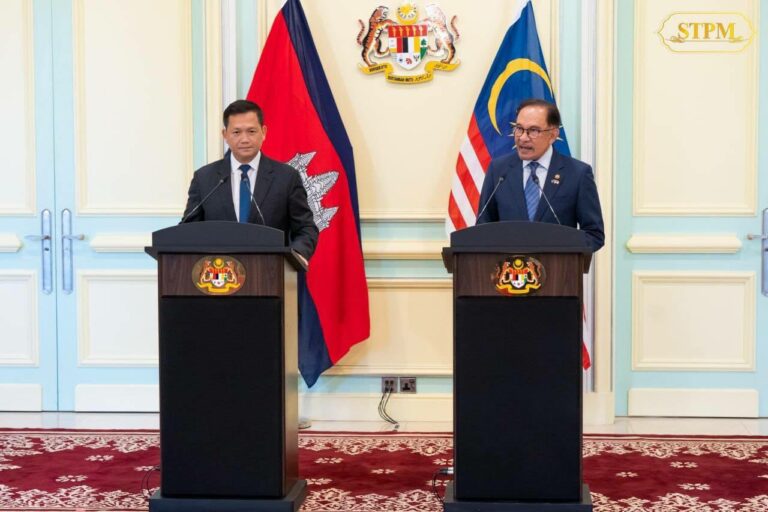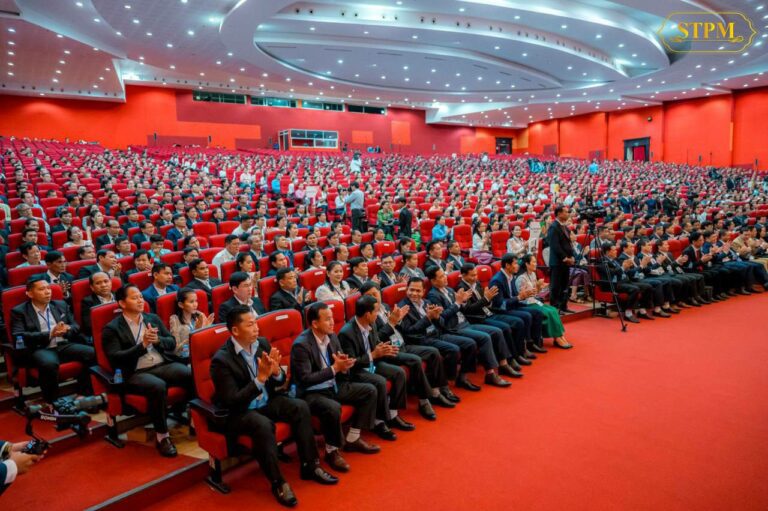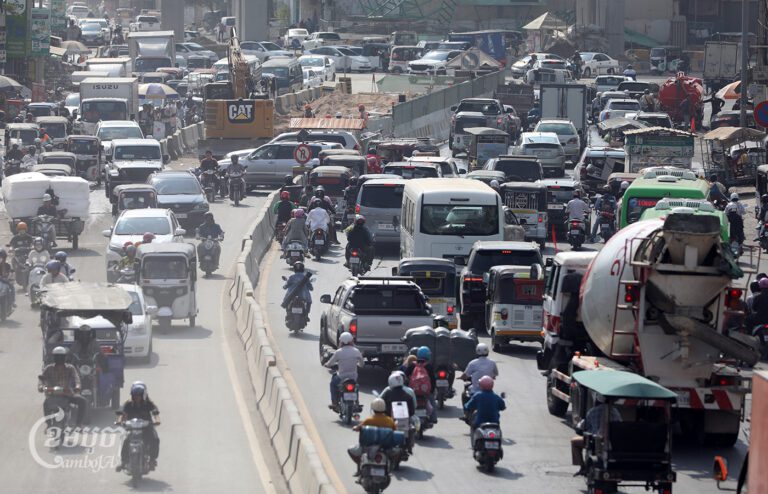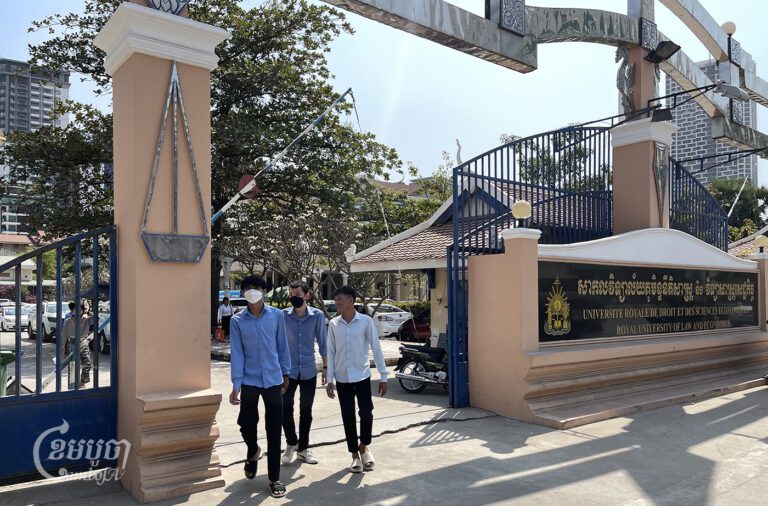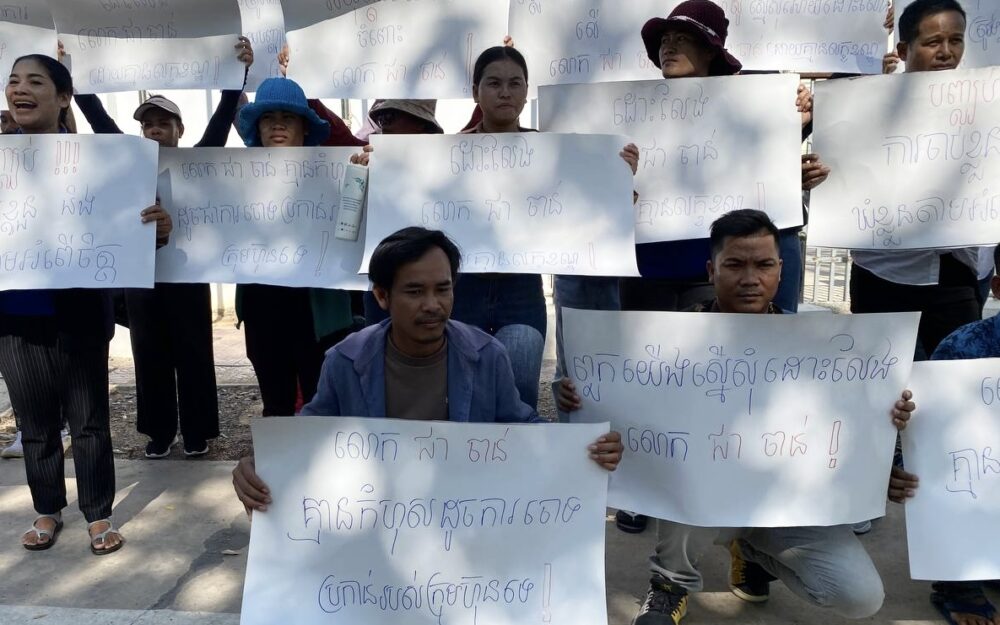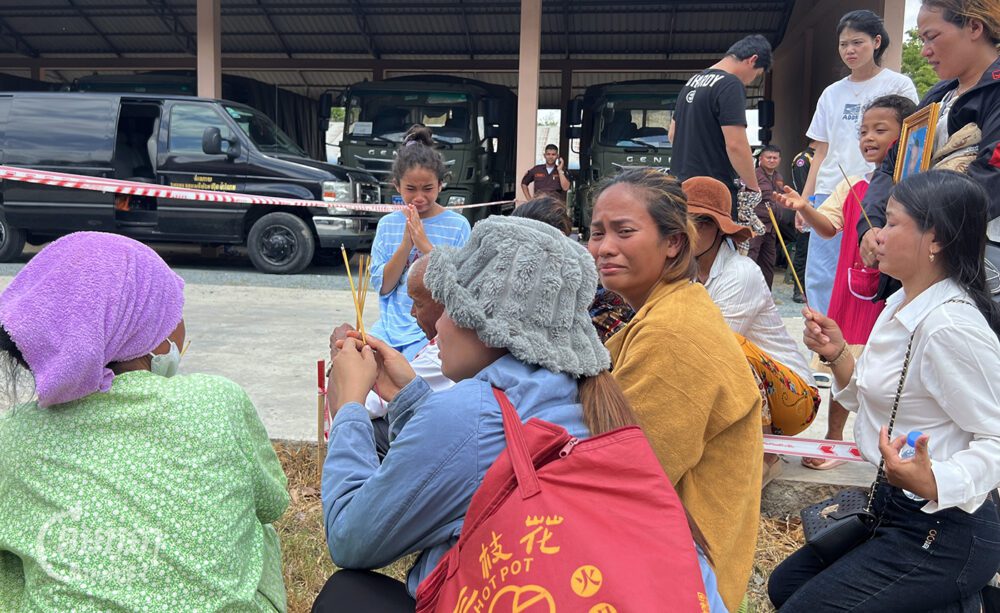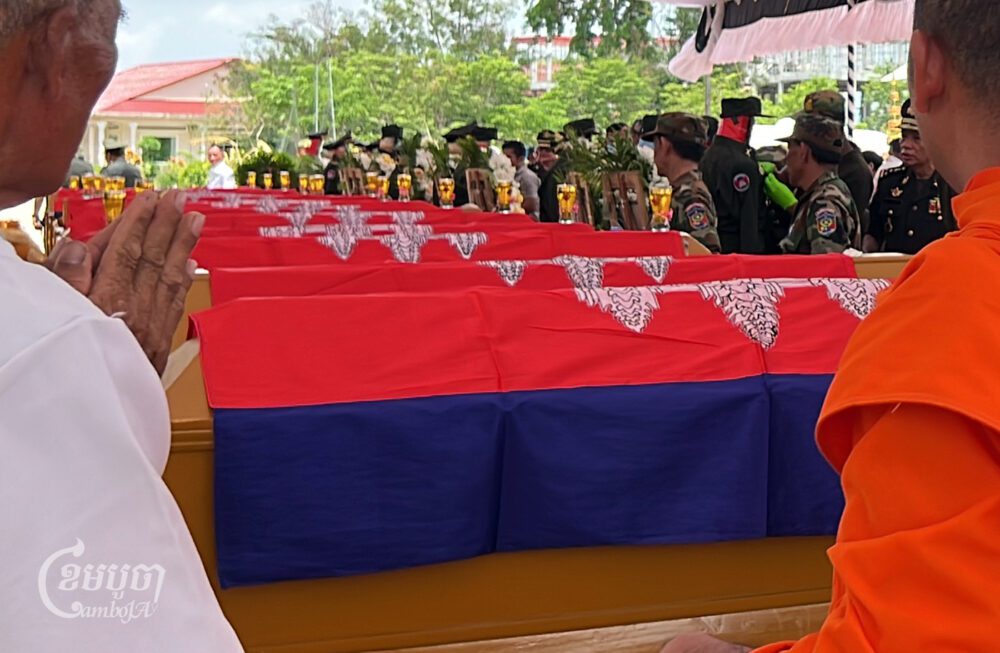A year after being added as a day of celebration to the calendar, “Win-Win Policy Day”, which falls on December 29, has been declared a national holiday, albeit with a new name, “Peace Day in Cambodia”. The auspicious day commemorates the end of the war in Cambodia, which was resolved through a win-win policy.
However, social observers say that the Paris Peace Accords played a more crucial role than the “win-win policy” in bringing together warring parties in Cambodia to end the protracted conflict and turn Cambodia into a democratic country.
In 2020, the government removed the Paris Peace Agreements Day, celebrated on October 23 as a national holiday, but observers say it should be reinstated due to its significance to Cambodia’s history.
In 2022, former Prime Minister Hun Sen declared December 29 as win-win policy day, though it was not made a national holiday. With the addition, Cambodia now has 23 holidays.
According to a government sub-decree dated January 1, 2024, Peace Day in Cambodia will be celebrated as a national holiday every December 29, noting that the annual event is a day of remembrance for those who fought till the very end of the battle. It marks the heroism and sacrifice made in order to attain peace and unity in Cambodia via the win-win policy on December 29, 1998.
The sub-decree also noted that Peace Day serves as a reminder to every Cambodian of the destruction of the nation, and the misery and hardship caused by the war, as well as to compel them to say no to war. The celebration aims to instill a culture of peace, which is the life of the nation and foundation for harmony and nation building.
Since the declaration, both ministries and political parties within the ruling coalition have voiced their support for the official decision to mark Peace Day in Cambodia.
On the 25th anniversary of the end of the civil war in Cambodia and the fifth anniversary of the construction of the win-win memorial, Prime Minister Hun Manet said Cambodia has attained peace, enabling it to develop the country. The economy has been transformed to lower middle income and brought many people out of poverty, while ensuring it reaches higher middle income status by 2030.
“Through the win-win policies of Samdech Hun Sen, Cambodia has achieved success in all areas – political, social and economic – and has led Cambodia to achieve a new era filled with pride,” Hun Manet remarked.
In the next 25 years, which is a new cycle for Cambodia’s development, the goal is to achieve the vision of becoming a high-income country by 2050.
He also called on the armed forces and people to work with the government to keep the peace, which, he contends, would require hard work and sacrifice.
Cambodia has experienced war for nearly three decades since the coup by General Lon Nol which overthrew Prince Norodom Sihanouk on March 18, 1970. The flames of war erupted then, engulfing Cambodia and reducing it to ashes.
However, analysts and social observers claim that Cambodia is “not yet at peace because some people still live in fear”.
Ny Sokha, president of local rights group Adhoc, explained that the Paris Peace Agreement was a more appropriate recognition than Cambodian Peace Day because it brought all parties in the conflict to end the war and allow democracy to prevail up to now.
He claimed that some politicians have said that Cambodia does not have complete peace and national unity because people who demand that human rights are upheld or seek national reconciliation live in fear. Some have fled the country or been attacked.
For instance, on December 29, 2023, as Cambodia celebrated the 25th anniversary of the end of the civil war, 10 Cambodian refugees who were attending a Paris Peace Agreement course in Bangkok were arrested by Thai authorities. Although three of them were released the next day, seven stayed at the Suan Plu Immigration Detention Center awaiting intervention by the UNHCR.
Sokha said because such conflicts and divisions continue, talks on peace are not yet over. “We see that the Paris Peace Agreement has more consensus among Cambodians, but if we talk about the reminders of peace, we see that there is still no reconciliation, there is no common understanding”.
On October 22, at Freedom Park in Phnom Penh’s Russey Keo district, NGOs and political parties called on the signatories of the Paris Peace Accords to urge the Cambodian government to “restore democracy and respect human rights”.
The Paris Peace Accords were signed in Paris, France on October 23, 1991 by four Cambodian parties involved in the conflict to end the civil war and establish a constitutional monarch. The signing was witnessed by 18 countries as well as the UN Secretary-General.
This agreement established the provisional UN Transitional Authority in Cambodia, which laid the groundwork for the first national elections in 1993 and the adoption of the Cambodian Constitution.
Although Cambodia signed the Paris Peace Agreement, which was the basis for the unification of the four conflicting parties, armed clashes persisted. In one of those fights, bombs were used by Prince Norodom Ranariddh and Hun Sen loyalists on July 5 and 6, 1997.
Later, under the leadership of Hun Sen, December 29,1998 was declared as the end of the civil war in Cambodia, thanks to the win-win policy, which brought closure to the Khmer Rouge operation in Cambodia.
The policy guaranteed the preservation of life, jobs, and property. Hun Sen also came up with five strategies under the acronym DIFID or Divide, Isolate, Finish, Integrate and Develop at the time.
When contacted, Ken Loo, secretary general of Textile, Apparel, Footwear and Travel Goods Association in Cambodia, said he respected the government’s decision to declare a new public holiday but declined to comment further.
Political analyst Em Sovannara said the designation of Peace Day as a national holiday shows that the ruling party is keen on highlighting the previous generation’s achievements.
“They want to talk about the achievements of the ruling party in order to win the trust [of the people] for the leadership and [lock in] support for the future,” he remarked.
However, the government should also ensure overall peace for the people, including mental health, travel, social justice and proper living conditions, Sovannara added.
Social researcher Seng Sary alleged that the new national holiday reflects the CPP’s “use of power” in organizing the national holiday.
“We see that the ruling party, especially the Hun family … we see Hun Manet ruling the executive, soon ex-Prime Minister Hun Sen will be the manager of the legislature – president of the Senate,” he said.
Meanwhile, Hun Manet has urged for research and the compilation of win-win policy documents to continue as well as the dissemination of information and historical notes to students so that they appreciate the issue better.
Adding on to Hun Manet’s call, Sovannara proposed the inclusion of true history in the school curriculum, such as the Paris Peace Agreement and dialogues between Khmer parties in the past.


